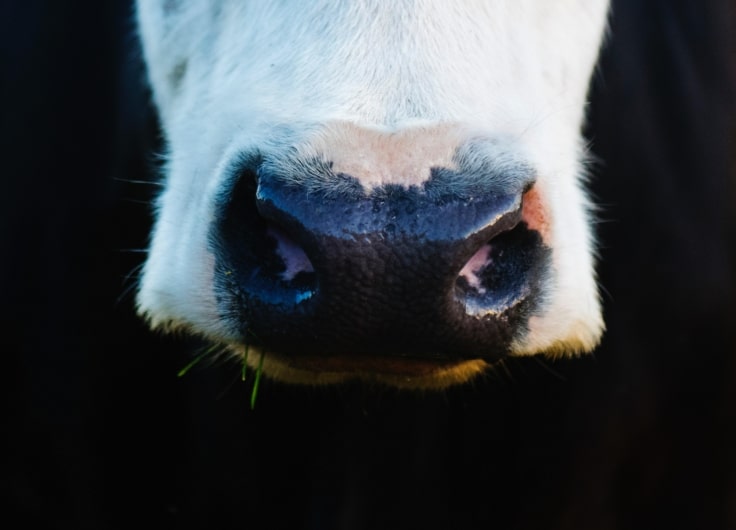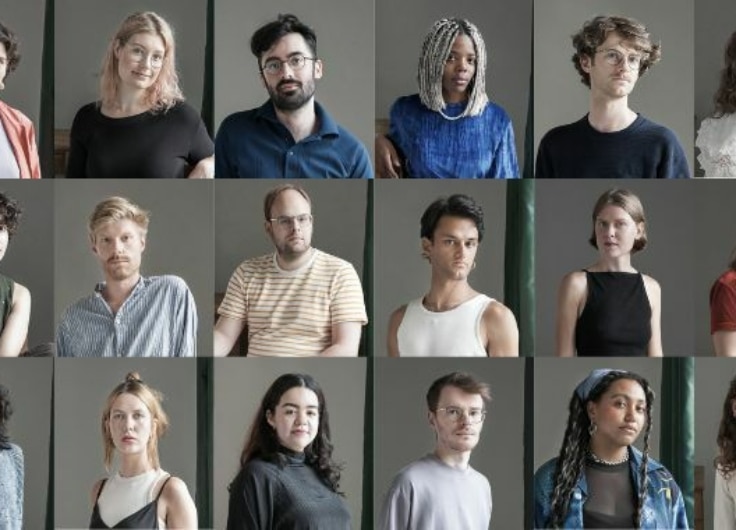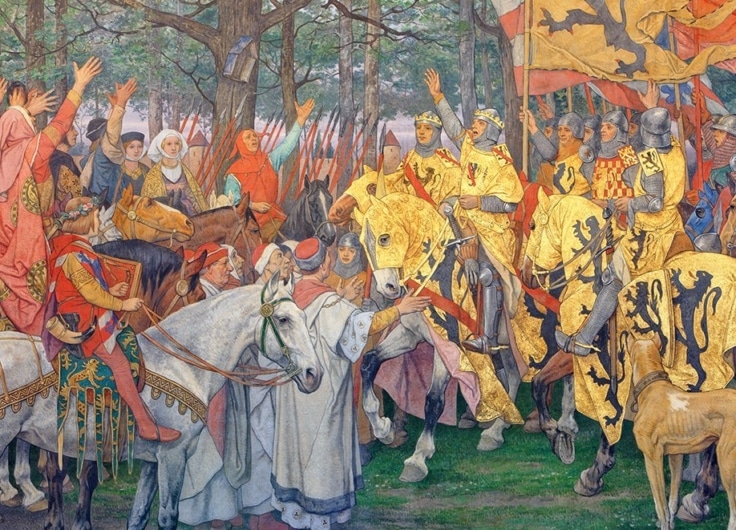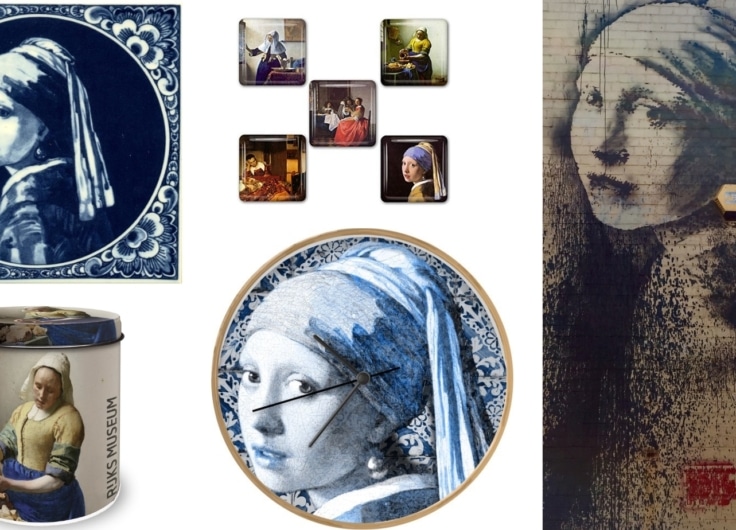Join us in bidding goodbye to 2023 with the podcasts we have published this year on the fascinating history of the Low Countries. They are worth another listen. Sit down by the fireplace. Relax with a glass of wine and enjoy the stories.
Dikes, Dams and Ditches
Water has always played an essential role in the history of the Low Countries. For centuries, living on these waterlogged lands provided the Dutch and the Flemings with opportunities for trade, urbanisation, agriculture and much more. But it also meant that they lived under the constant threat of devastating and deadly floods.
In this podcast, we discover how the Low Countries, after centuries of battling floods, have gradually learnt to treat water as an ally and a part of the cultural identity of its inhabitants.
Listen to this podcast on Spotify
Tulipmania
Why is the tulip a Dutch symbol even though this colourful flower comes from the Ottoman Empire? Why did owning tulip bulbs show your status and luxury in the 17th century? Why did a famous surgeon have his surname changed to Tulip? And to what economic disaster does Tulip Mania refer?
In this podcast, we dig up the bulbs of the past, trim the stems of historical myth and emerge with a lustrous vase of understanding as to where the tulip came from, how it came into vogue in the Dutch Republic and what place the flower holds today in the Netherlands.
Listen to this podcast on Spotify
On the Barricades
Just as much as Dutch and Flemish culture today have been defined by their ability to seek consensus through compromise, so too have they been defined by a willingness to angrily, and often violently, take to the streets in order to be heard.
In this podcast, we talk about four major protests that took place in Belgium and the Netherlands, which have helped shape them into the places they are today: the Amsterdam Eel Riots (1886), the Leuven Student Protests (1968), the Amsterdam Coronation Riots (1980) and the Brussels White March (1996).
Listen to this podcast on Spotify
Sexy Chickens and Scary Shipworms
What do black chickens have to do with witchcraft? Why were pigs not allowed to walk the streets freely in the Middle Ages? And should we welcome the return of the wolf or not?
In this podcast, we discuss some animals that roamed or still roam in the Low Countries. We will see how the relationship between humans and animals has helped shape local societies and cultures, and how, over the millennia, we have exterminated some animals and invited others into our homes, but also unintentionally had some as very unwelcome guests.
Listen to this podcast on Spotify
Reformation in the Sixteenth Century
In this podcast, we talk to Christine Kooi, professor of European History at Louisiana State University. In her latest book Reformation in the Low Countries 1500-1620, Kooi covers the key moments of both the Protestant and Catholic Reformations
as they unfolded in both the Northern and Southern Netherlands in the sixteenth century.
Synthesizing fifty years’ worth of scholarly literature, Kooi focuses particularly on the political context of the era: how religious change took place against the integration and disintegration of the Habsburg composite state in the Netherlands.
Listen to this podcast on Spotify
History of the Low Countries
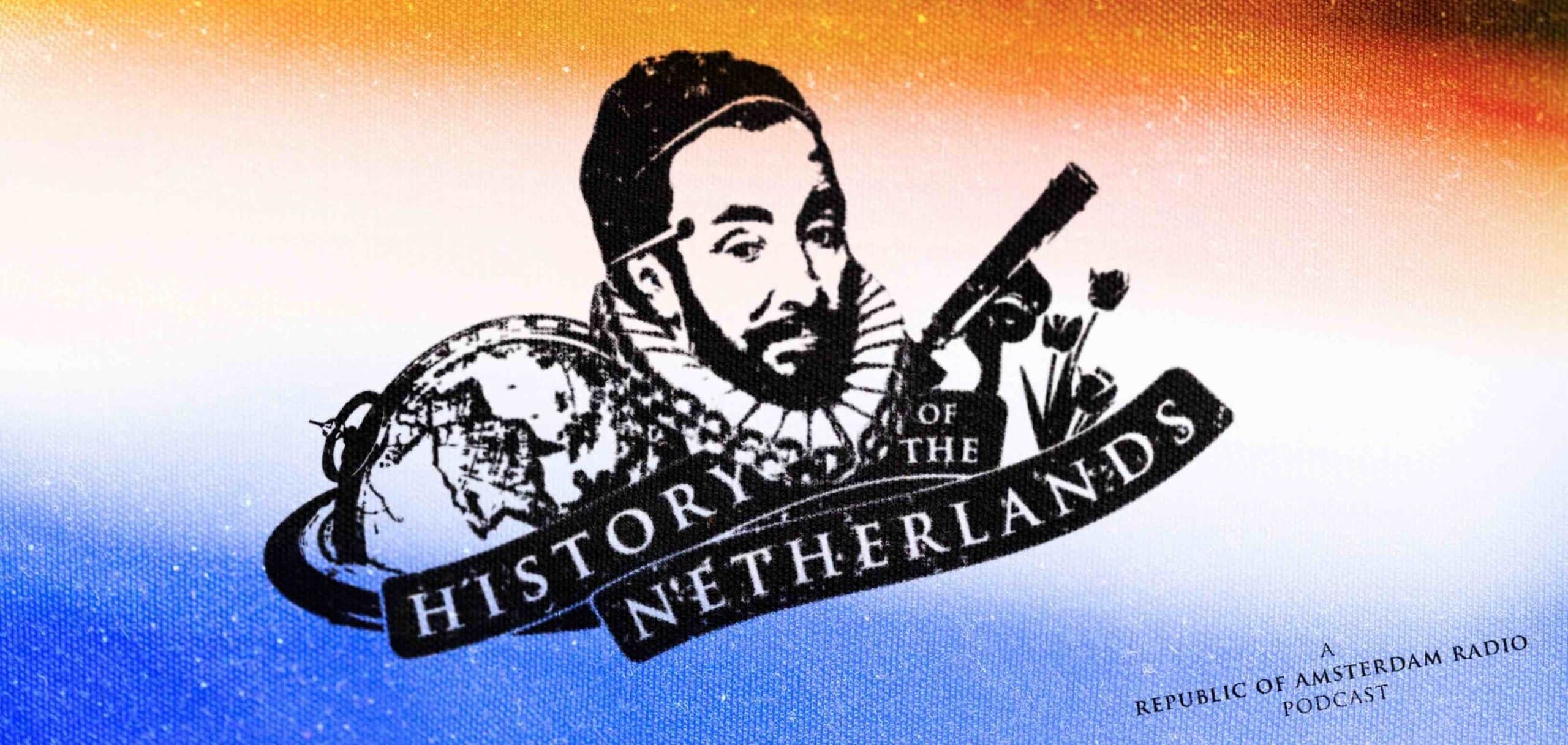
Join us on an epic journey exploring the history of the Low Countries. We present you with a chronological narrative of the lowlands from the dawn of civilisation to the present. The articles and podcasts are made by Republic of Amsterdam Radio, a group of history nerds with a passion for telling stories.



